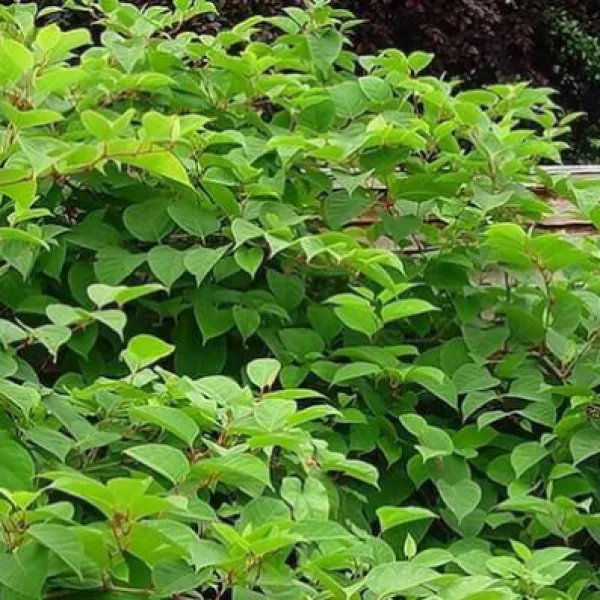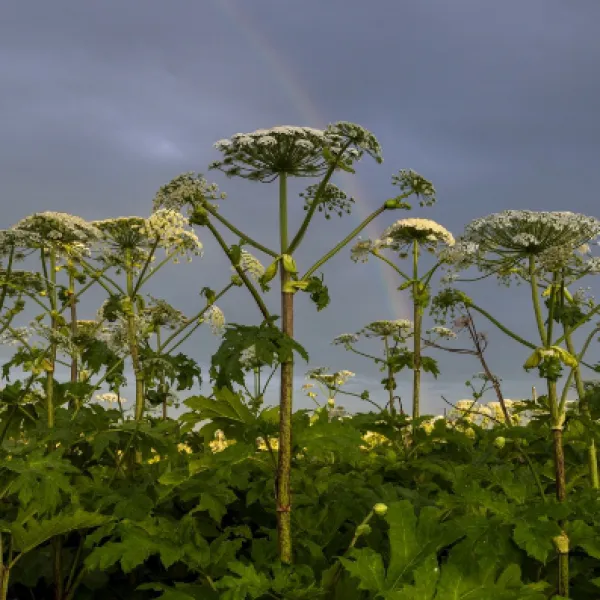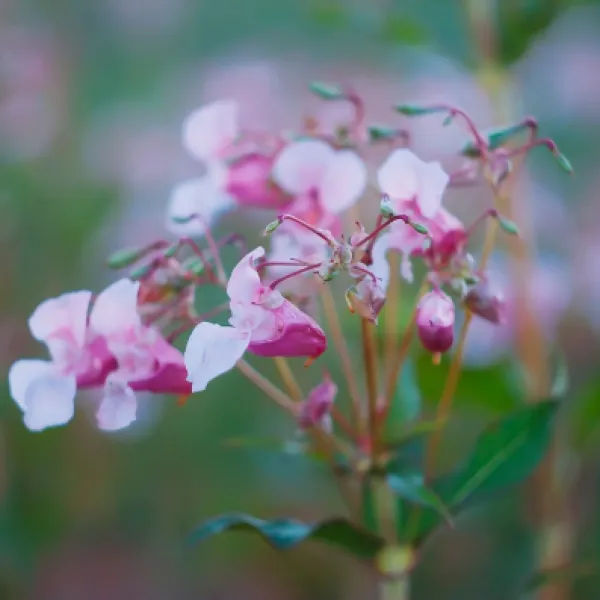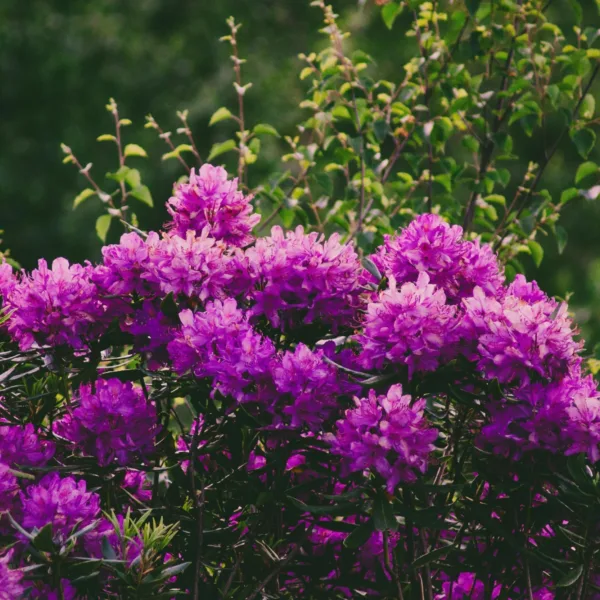Service
Invasive Weeds
Specialist Removal
of Harmful Weeds
Invasive weeds are an increasingly common challenge on commercial premises, public areas and private grounds, and the risks of ignoring them include damage to structures, ecological issues and harm to humans and animals.
There are also legal implications to allowing non-native plants and weeds spreading into the wild or neighbouring grounds, and prosecution by other property owners is also a risk.
Early action is essential to ensure best results when tackling these weed species, and Inex’s invasive weeds specialists are on hand to support clients with the best course of action to eradicate them. We will develop a site-specific treatment plan to effectively kill and remove invasive weeds — including careful selection of herbicides and adjuvants, clear guidance on frequency of treatment and scheduled removal of dead weeds.
Types of Invasive Weeds in Scotland




The Inex team is highly experienced in dealing with these species and will ensure that all safety precautions are taken to protect people, surfaces, structures and surrounding areas.
For more information about invasive non-native plants and weeds in Scotland, visit the NatureScot website and contact Inex for more details on our Invasive Weeds services.
FAQs
Invasive weeds are non-native plants to the habitats in which they are found. Typically, they spread quickly and will eventually outcompete native vegetation and plantlife.
Some species of invasive weed can be destructive, causing destabilisation in built structures and surfaces, and some can also adversely affect human and animal health.
In Scotland, the four most common invasive weed species are:
- Japanese Knotweed
- Giant Hogweed
- Himalayan Balsam
- American Skunk Cabbage
See the section above these FAQs for pictures of these four species.
We broadly group invasive weeds work into two categories — Residential and Commercial.
Residential
As landowner, you are responsible for ensuring that any invasive weeds does not spread both on the surface and below the ground. It is best to treat invasive weeds as early as possible.
If selling the property, you must notify the intended purchaser about any invasive weeds. Failure to do so risks prosecution / legal action against you.
Commercial
If you have species such as Giant Hogweed growing on your commercial premises, you have a duty of care to not only treat the issue as soon as possible, but also notify staff, visitors and other personnel using clear signage and other communication. If you fail to do this, you could be prosecuted.
Additionally, no classified species can be allowed to spread into the wild, as it is an offence under section 9 of the Wildlife and Natural Environment (Scotland) Act 2011 (WANE Act).
Depending on the species of weed and treatment type, there may be no need to remove any residue from site.
If you do need to remove it, the invasive weed disposal needs to be to be registered with SEPA and taken to a specialist registered landfill site.
We would always suggest using an experienced professional to undertake the works — Inex are happy to support and advise clients on these matters, as needed.
Here to Help,
Easy to Reach
For general enquiries and to request more information about Inex’s range of services, contact our team via the online web form and we’ll reply as soon as possible.




